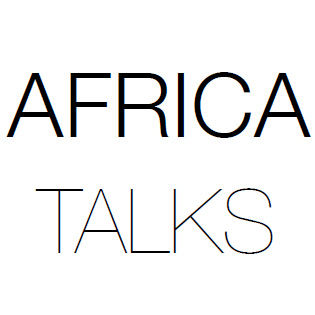The (other) property ladder: Taxation and the construction of analogue property rights in Lagos
- Location
- Danford Room 2nd floor Arts Building (R16 on the campus map)
- Dates
- Wednesday 17 October 2018 (16:30-18:30)

Speaker: Olly Owen
Part of the Africa Talks Seminar Series Autumn 2018.
Talks are held in the Danford Room, 2nd floor, Arts Building (R16 on the campus map).
All welcome.
Abstract
In some rich countries, the term ‘property ladder’ refers to the process of buying a relatively cheap property and later selling it on at a profit in order to purchase a bigger, better one – and then potentially repeating the process, cashing in on a rising, speculative market. In other words, it is a series of incremental steps towards acquiring your ‘dream’ property. This, however, does not reflect the reality of peoples’ experience of property in most of the world. We argue that across much of the planet, the incremental process that matters most is that of attempting to achieve security over the land on which you build and develop your property. The importance of tenure security for a whole range of economic and human development outcomes is now widely acknowledged, but has often been interpreted as a simple question of how to formalise property titles - particularly since the influential work of Hernando de Soto. In contrast we argue, based on a study of Lagos, Nigeria, that formal property rights are not something that you either have or you don’t. The reality in such contexts is that they are claims made more real over time through a serious of incremental processes: a very different form of property ladder. Once you have some of the basic documents needed to claim a property right, it is necessary to work on multiple fronts - economic, legal, social and political – in order to deepen them, entrench them, and solidify them. This effectively amounts to a system of rights by instalment, in which taxation and multiple other forms of formal and informal payments play a key role. In other words, property rights here are not a ‘digital’ binary system of zeros and ones, haves and have-nots, but ‘analogue’: a system of degree and gradation wide open to innovative action; as highlighted by unexpected citizen responses to new property tax reforms in Lagos.
Speaker biography
Olly Owen is an anthropologist and political economist, working mainly in West Africa. He conducted this research with Tom Goodfellow of Sheffield University and it was supported by ICTD, IDS Sussex. His wider work on tax reform in Nigeria has been funded by the ESRC's Future Research Leaders scheme.